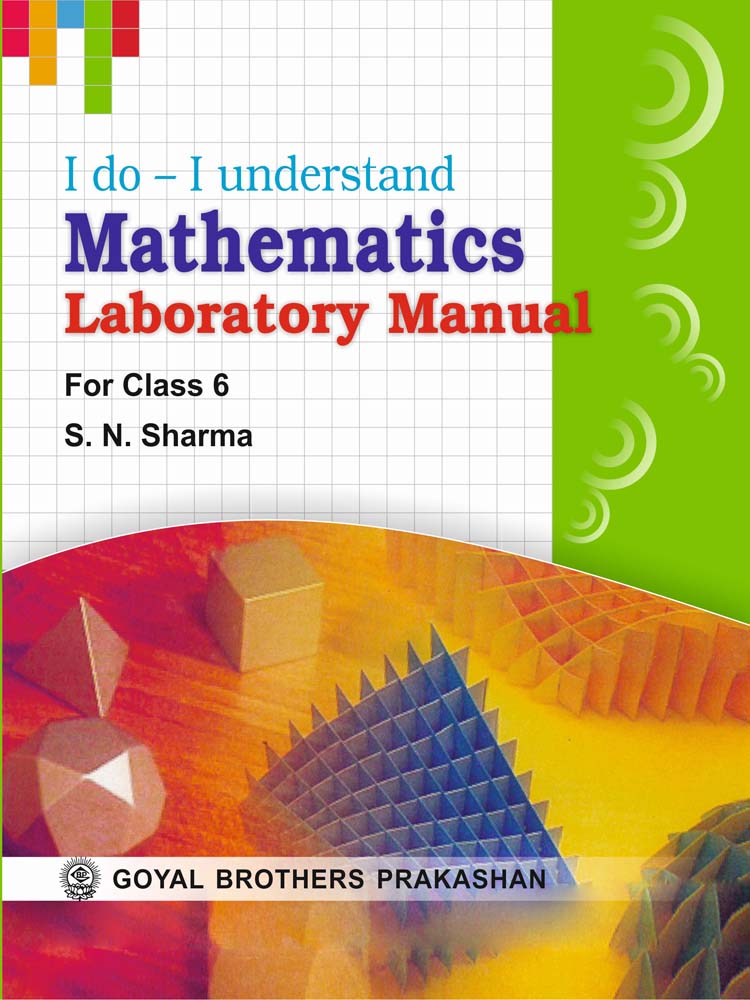
CBSE
|
Class 6
|
Mathematics
|
By - S. N. SharmaComprehensive Curriculum: Covers a wide array of mathematical topics, from basic arithmetic to advanced concepts, ensuring a holistic understanding of the subject for Class 6 students.
Critical Thinking: Promotes critical thinking by presenting challenging problems and encouraging students to develop innovative solutions. Enhances logical reasoning and analytical skills essential for academic success.
Educational Enjoyment: Transforms mathematics into an enjoyable educational experience, making learning both fun and enlightening. Students eagerly participate in activities, fostering a positive attitude toward the subject.
Teacher's Companion: Supported by a comprehensive Teacher's Guide, offering detailed instructions, lesson plans, and additional resources. Empowers educators to create engaging classroom environments for effective teaching and learning.
Empowering Future Mathematicians: Inspires the next generation of mathematicians by nurturing a deep-rooted interest in mathematics. Equips students with essential life skills and prepares them for future academic challenges.
Author's Vision: Crafted by S. N. Sharma, a seasoned educator with years of experience, ensuring the manual aligns seamlessly with the learning needs of Class 6 students. His
The activities have been developed keeping in view the latest NCERT syllabi and the list of activities released by the CBSE. This series is also suitable for schools affiliated to various State Boards of Education following the National Curriculum Framework.Throughout this series, efforts have been made for the close association of mathematical concepts with activities from the children’s own environment. The activities are mainly in the form of experiments from which children can make discoveries to increase their understanding of various concepts of the subject.
The learning by doing method of teaching Mathematics is based on the famous Chinese proverb :
I Read — I Forget
I See — I Remember
I Do – I Understand.
Further, the author has taken the liberty to go one step ahead by including.
I Practice — I Excel
which is undoubtedly true in all branches of learning.
Mathematical games, puzzles, brain teasers, knowing about great mathematicians and our age-old Vedic Mathematics and other learning devices play a definitive role in the process of learning Mathematics. Children like them, teachers appreciate them, and parents notice a mathematical sensitivity in the children who use them.
As a result of these activities/experiences, children become accustomed to doing,discovering, associating discoveries, and using their results constructively. Once the children have acquired this attitude to the subject, their own enquiring minds will provide many fresh problems.
The books act as guides to this approach; the ultimate success of Learning by Doing depends upon the encouragement given to children to explore situations which are of personal interest to them.
Finally, about the effect of this approach on learning Mathematics ! There can be no doubt that the benefits are immense and immeasurable, not only do the children come to enjoy the subject but also to respect it, not primarily as a tool skill but also as a subject of great interest in itself.
S.N Sharma
| Category | Course Book |
| Format | Digital Book |
| No. of pages | 1 |